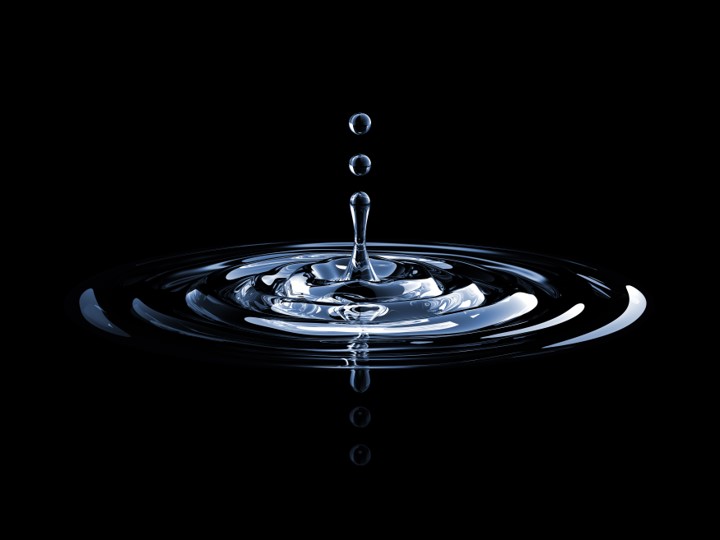

Please join us online on Thursday 16th February, from 15.00-16.00
Dear Colleagues,
In this series of webinars brought to you by the Cancer Research UK Convergence Science Centre at Imperial College London and The Institute of Cancer Research, London, researchers across the two organisations will discuss key challenges facing cancer research and opportunities for new convergence science approaches to address these. Join us to consider how novel approaches and technologies could shed light on unresolved problems in cancer biology, to innovate new ways to address challenges in cancer and bring pioneering treatments to cancer patients faster.
Hosted by our Scientific Director, Prof Axel Behrens, the series aims to support the Centre's mission to facilitate collaboration between traditionally separate and distinct disciplines.
Please join us online on Thursday 2nd March, from 15.00-16.00, for a talk from:
Dr Louise Fets – MRC London Institute of Medical Sciences, Imperial College London
“Unravelling the impact of membrane transporters in cancer drug uptake and efficacy”
Membrane transporters act as molecular gatekeepers to the cell by regulating the uptake of nutrients and ions as well as the release of waste products. Alterations in transporter expression levels are a vital part of cancer-specific metabolic changes, which allow the tumour to efficiently scavenge nutrients from its micro-environment to maintain proliferation. It is becoming increasingly clear that for many drugs, cell entry may also be dependent on membrane transporters. This means that as well as influencing cancer metabolism, the differential expression of transporters in cancer could define the drug sensitivity profile of a tumour. To date, however, the transporters required for cell uptake have only been fully characterised for a handful of drugs. We combine systems-level and targeted approaches to understand the proportion of drugs that are transporter-dependent and to identify the specific transporters required for those drugs. We also explore how expression of these transporters affects specificity, selectivity and ultimately toxicity of the compound. I will detail the work we have been doing using a range of molecular biology, mass spectrometry and imaging techniques, to better understand the impact of transporter-mediated drug uptake on both inter-patient and intra-tumoural variability in drug response.
Dr Louise Fets is a Group Leader at the MRC London Institute of Medical Sciences and holds a CRUK Career Establishment Award. Louise received her undergraduate degree from the University of Cambridge, specialising in pharmacology, before going on to do a PhD at the MRC Laboratory of Molecular Biology on signal transduction in cell motility. She then switched fields to focus on cancer metabolism and drug mechanism of action during her postdoc at the Francis Crick institute, before starting the Drug Transport and Tumour Metabolism lab at MRC LMS in 2019.
&
Dr Yuval Elani – Department of Chemical Engineering, Imperial College London
“Towards bio-inspired technologies for cancer therapeutics: synthetic cells, microfluidics, and BioHybrid systems”
From an engineering standpoint, cells are essentially complex chemical microsystems capable of highly coordinated behaviours, including chemotaxis, sense-response, computation, and continual biochemical synthesis. Over the past three years, our research group have been using cells as inspiration to design new bio-inspired machines, composed of both biological and synthetic building blocks. These ‘artificial cells’ — non-living analogues of biological cells — can be precisely programmed to possess useful functions in the context of therapeutics. In this talk, I will outline the potential artificial cells have in this regard, and showcase several platforms of greatest interest to the cancer community. One of them is artificial cells which can activate themselves in response to cues found in tumour microenvironments. Another is microfluidically generated bio-inspired capsules capable of synthesising drugs inside, and of controlled multi-stage release. I will conclude by outlining our new BioHybrid approach, where engineered living cells are coupled to synthetic ones, to ferry them to the target site for example.
Dr Yuval Elani is a UKRI Future Leaders Fellow and Senior Lecturer in the Department of Chemical Engineering at Imperial since 2020. Prior to this, he was an ICRF and EPSRC Research Fellow in Chemistry, where he also did a PhD in Membrane Biophysics. His undergraduate degree was in Natural Sciences in Cambridge. Yuval leads a highly diverse multidisciplinary team of 25 PhD students and PDRAs, broadly working on Bio-Inspired Technologies. Active interests include bottom-up synthetic biology, droplet microfluidics for next-generation particle design, and BioHybrid systems. In addition to blue-skies research, his group collaborate closely with industry, as well as with biologists and medics, to understand the principles governing cell biology using minimal model systems.
Please note: This webinar is exclusively available to colleagues from the Institute of Cancer Research, the Royal Marsden, Imperial and Imperial College Healthcare. Do not forward to colleagues outside of these organisations.